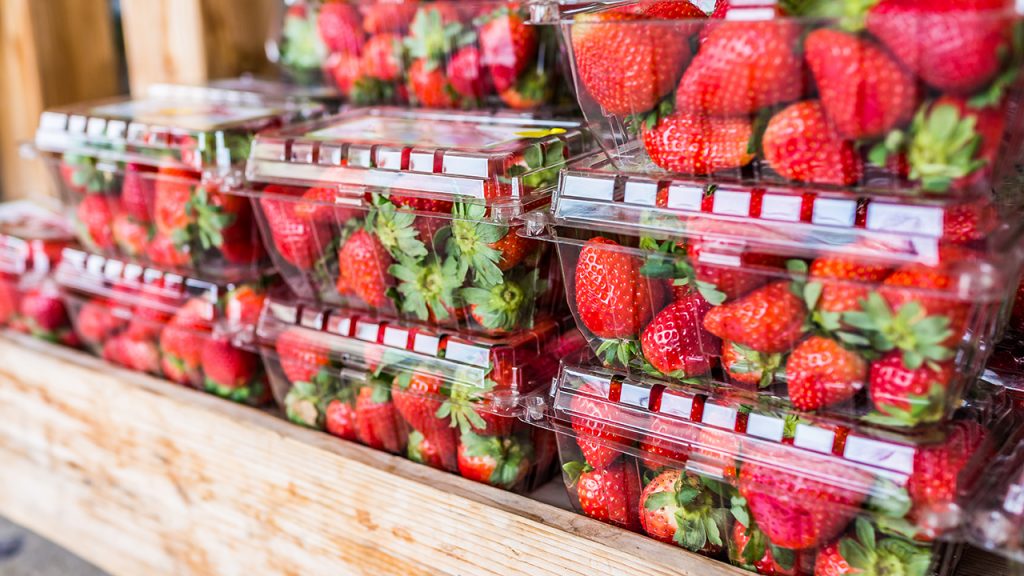Photo: iStockphoto
Plastic pollution is a serious problem. With ocean gyres of plastic, growing concerns about microplastics and a single-use plastic ban theoretically on its way, it’s a great time to be more mindful of how much plastic you use (and throw away) every day.
And, while many people are investing in reusable products with an eye to becoming zero-waste, cutting back on how much new plastic you buy is a great first step to reducing your plastic dependency. Here are a few thrifty ways to re-use the plastic you already have.
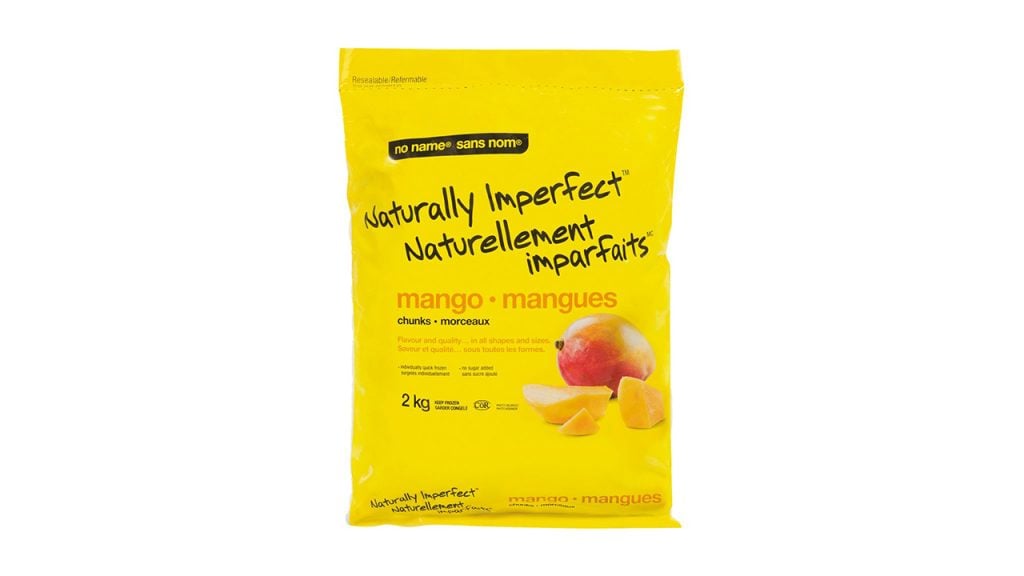
As freezer bags
If you already buy frozen fruits and veggies that come in resealable bags, there’s no point to buying new freezer bags. Just wash out the frozen produce bags and re-use them. (Big 2-kg bags like the one above are especially handy, and can fit a whole loaf of bread—one Chatelaine staffer takes them to her local bakery to catch sliced loaves, sans bag.) You might not be able to see inside, but with a little bit of labeling, those bags can go a long way.
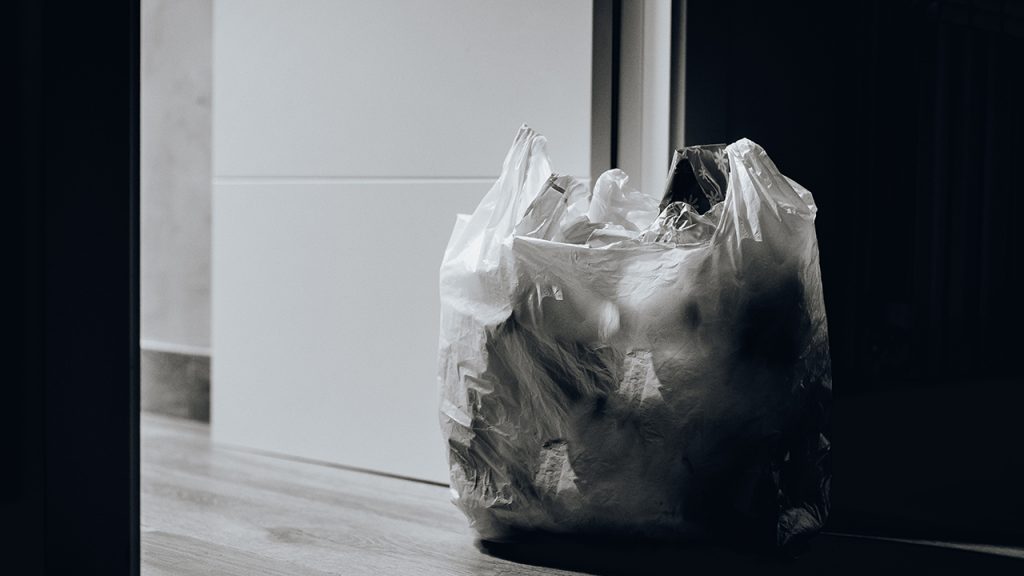
As garbage bags
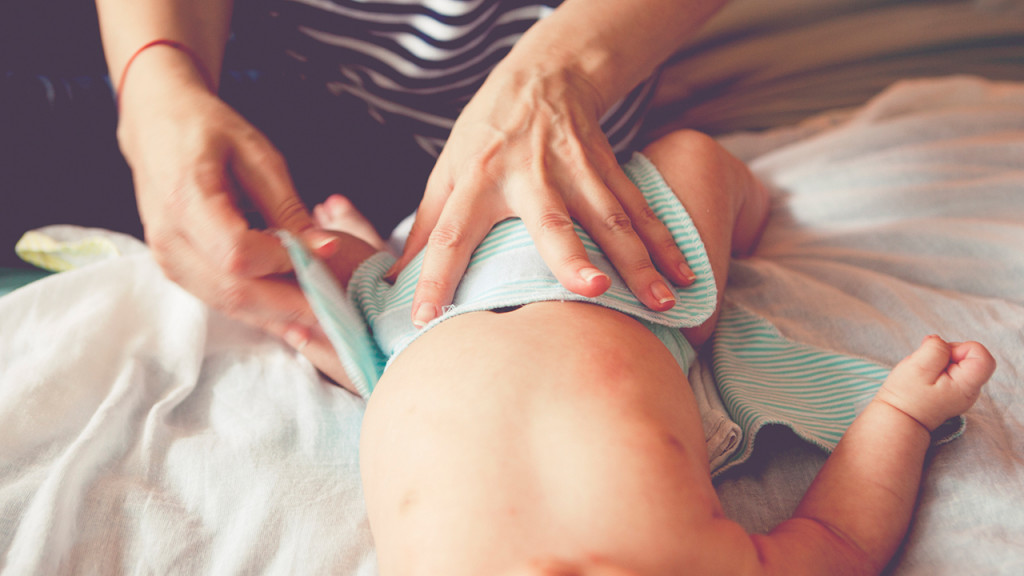
How to reduce some of the waste that comes with having kids It’s pretty common to use larger plastic grocery bags to take out garbage. Hopefully you’ve made the switch to reusable grocery bags already, but even then, there are still so many other unavoidable plastic bags that inevitably pop up. For example, in eastern Canada, the litre-sized bags used for milk aren’t recyclable everywhere, and most of them will inevitably end up in a landfill. Don’t overlook those—use plastic bread bags, milk bags, or those flimsy produce bags (which are also sometimes difficult to recycle) for anything from scooping up dog poo to lining compost bins.
As colanders and work-lunch containers
Unless you have the means to shell out for local berries in paper baskets, you’ll probably wind up with lots of plastic clamshells. Give them a second job by washing your fruit in it or using them to carry easily bruised fruit like peaches for work lunches or picnics. Or, if you happen to grow any of your own fruit, you can reuse the plastic to store your own harvest or give your extra bounty to friends.
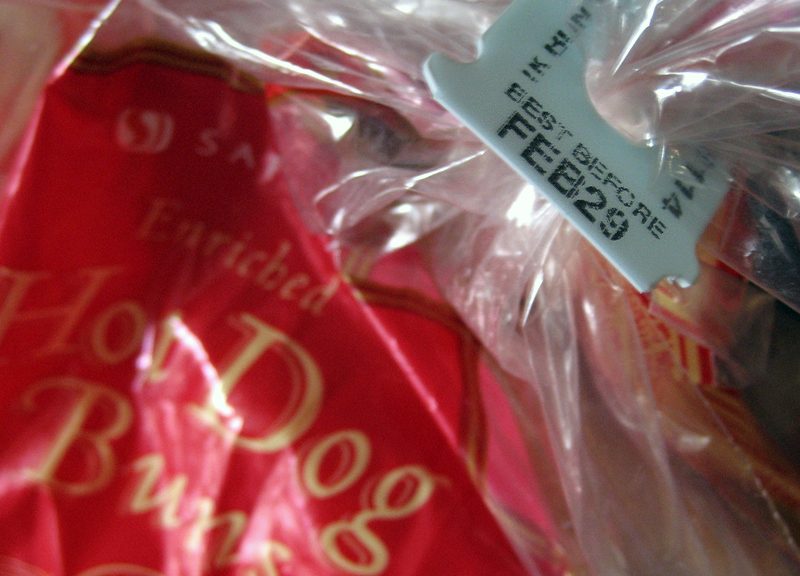
As bag clips and twist ties
In Halifax, Calgary, and Toronto’s waste systems, bread tags are supposed to go directly into the garbage. So, if you don’t own bag clips already, it makes more sense to reuse these than go out of your way to buy new ones. Here’s another 15 ways to re-use bread tags, ranging from the clever—using them to mark the end of tape rolls—to the, uh…optimistic (bread-clip guitar picks, anyone?).
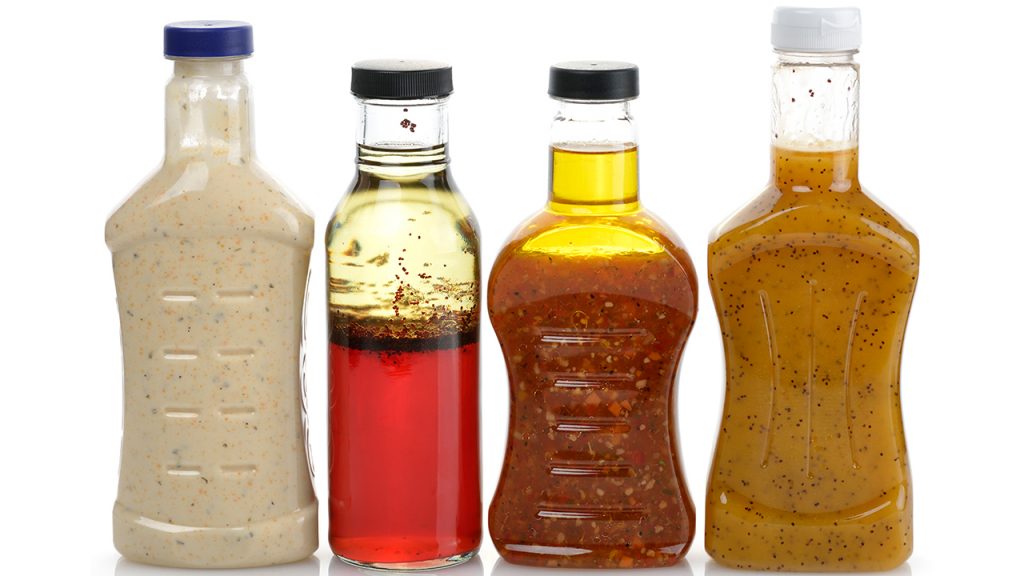
To pack your lunch
Wash out a finished salad dressing bottle, make your own salad dressing, and refill the bottle (most bottles are Pet, or polyethylene terephthalate, which is safer to reuse than some other plastics). This works for glass jars and bottles too—they make ideal, mess-free ways to transport hummus, dressing or other dips to work.
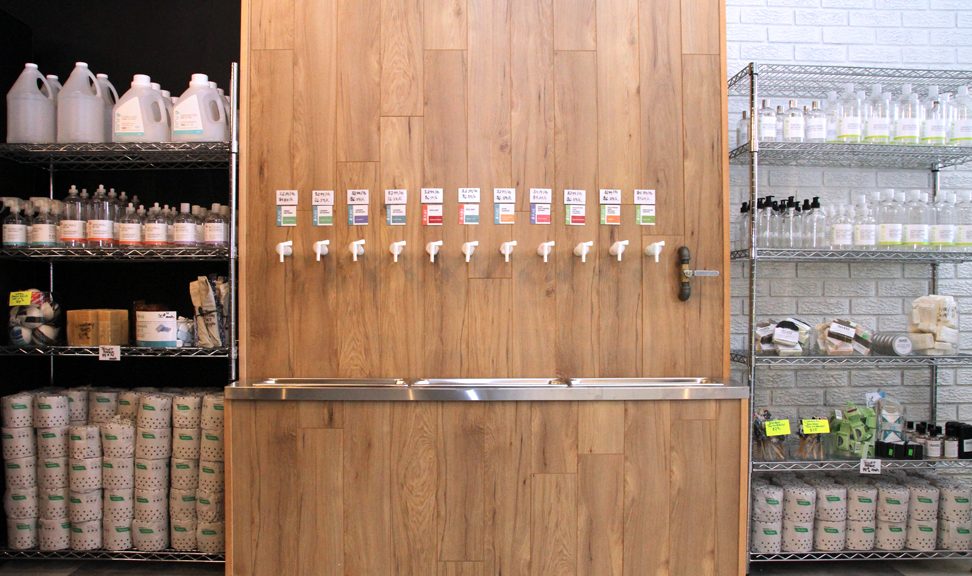
As detergent and soap bottles
If you have a zero-waste or bulk grocery store near you, you can refill those plastic bottles with all kinds of soaps (depending on what is available where you are). It’s eco-friendlier to refill existing plastic containers than to go out and buy new refillable containers.
Immigrants are truly the pioneer ecofriendly community because you’d never open one of these in your fridge and find that it actually contained yogurt or cream puffs. pic.twitter.com/b8Wixq7LOF
— Liana Aghajanian (@LianaAgh) June 20, 2019
As food storage
Those yogurt tubs and margarine containers won’t work as a microwaveable lunch container, but you can still use them to keep your kitchen tidy. Pop in various bulk foods to stack on the counter or use them to refrigerate leftovers or to bring them to work for lunch (just pour food into a bowl to microwave). If you’re uncomfortable storing food in plastic, they’re great for keeping loose household items too, like batteries.
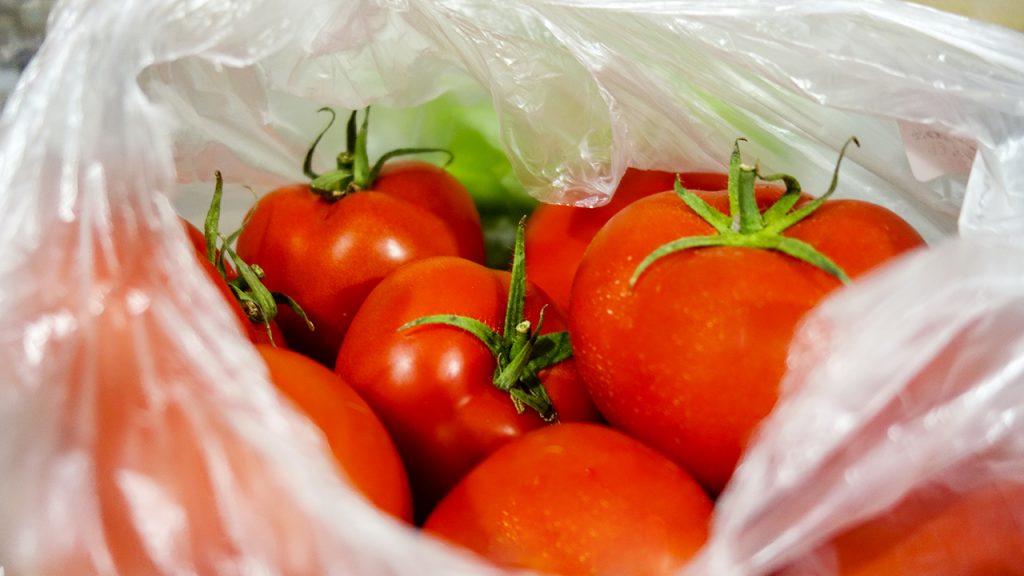
As produce bags
While there are cute reusable cloth produce bags out on the market, it’s a good idea to start out by reusing plastic produce bags (provided they don’t rip on you) and see if you actually remember to bring them back to the store.
Read more:
25 ways to reduce waste at home—even if you are exhausted
7 homemade baby toys you can make out of ordinary household stuff
